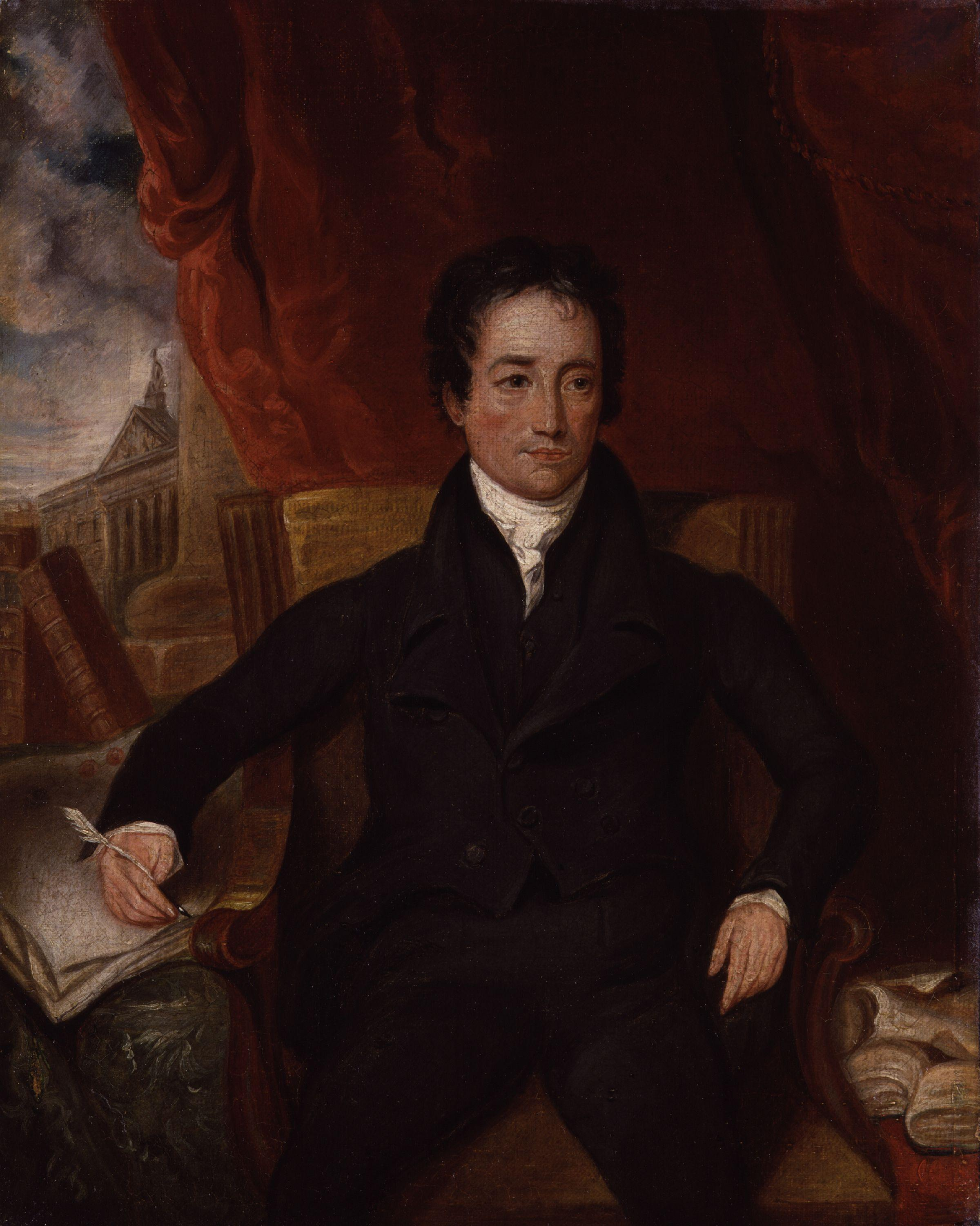“Not if I know myself at all.”
The Old and New Schoolmaster; reported in Bartlett's Familiar Quotations, 10th ed. (1919).
Charles Lamb was an English essayist, poet, and antiquarian, best known for his Essays of Elia and for the children's book Tales from Shakespeare, co-authored with his sister, Mary Lamb .
Friends with such literary luminaries as Samuel Taylor Coleridge, Robert Southey, William Wordsworth, and William Hazlitt, Lamb was at the centre of a major literary circle in England. He has been referred to by E. V. Lucas, his principal biographer, as "the most lovable figure in English literature".
Wikipedia

“Not if I know myself at all.”
The Old and New Schoolmaster; reported in Bartlett's Familiar Quotations, 10th ed. (1919).
“Martin, if dirt was trumps, what hands you would hold!”
Lamb's Suppers; reported in Bartlett's Familiar Quotations, 10th ed. (1919).
Lamb in September 27, 1796. In his letter to Coleridge; after the family tragedy. As quoted in Works of Charles and Mary Lamb. Letters (1905).
“He might have proved a useful adjunct, if not an ornament to society.”
Captain Starkey; reported in Bartlett's Familiar Quotations, 10th ed. (1919).
Lamb's letter to Coleridge in Oct. 24th, 1796. As quoted in Works of Charles and Mary Lamb (1905). Letter 11.
Letter to Hazlitt (November 10, 1805)
“Riches are chiefly good because they give us time.”
cited in A Little Book of Aphorisms (New York: 1947), p. 186.
Letter to Wordsworth (1806); reported in Bartlett's Familiar Quotations, 10th ed. (1919).
Letter to Bernard Barton (April 6, 1825), on leaving his "33 years' desk" at the East India House.
“This very night I am going to leave off Tobacco!”
Surely there must be some other world in which this unconquerable purpose shall be realized.
Letter to Thomas Manning (December 26, 1815)
They nothing see,
Themselves except, and creatures like themselves,
That liv'd short-sighted, impotent to save.
So on their dissolute spirits, soon or late,
Destruction cometh 'like an armed man,'
Or like a dream of murder in the night,
Withering their mortal faculties, & breaking
The bones of all their pride.
Living Without God In The World (1798)